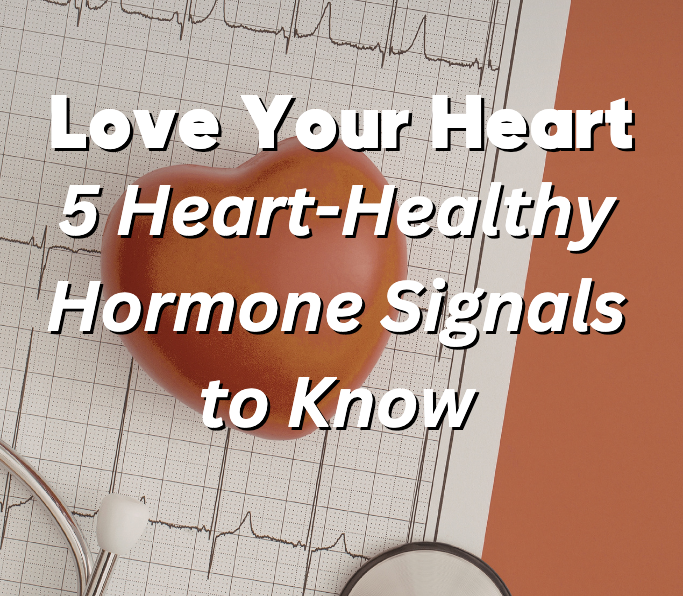Hormonal imbalances in men represent a frequently underdiagnosed yet profoundly impactful health concern that can significantly diminish quality of life. Unlike the relatively abrupt hormonal transitions women experience during menopause, men typically undergo a gradual hormonal decline that often escapes clinical detection until symptoms become pronounced. Contemporary research demonstrates that this insidious process, often dismissed as inevitable aging, can be effectively identified and managed through targeted interventions. This updated clinical perspective synthesizes current diagnostic standards and evidence-based treatment approaches to provide men with actionable pathways to restore hormonal equilibrium.
Clinical Presentation of Hormonal Imbalance
Persistent fatigue stands as one of the most common yet frequently misinterpreted symptoms of hormonal dysfunction in men. Unlike ordinary tiredness that resolves with rest, hormonally-mediated fatigue persists despite adequate sleep and often presents alongside other systemic manifestations. Testosterone deficiency frequently underlies this symptom, given androgen receptors’ extensive distribution in energy-regulating tissues. The fatigue associated with hypogonadism typically presents as a pervasive lack of vitality rather than simple physical exhaustion. Concurrently, adrenal dysfunction creating altered cortisol rhythms may produce a characteristic fatigue pattern that worsens progressively throughout the day. Hypothyroidism should be considered when fatigue accompanies other telltale signs like cold intolerance, dry skin, and constipation, reflecting the thyroid hormone’s critical role in basal metabolic regulation.
Changes in body composition often serve as visible markers of underlying hormonal disturbances. Increased visceral adiposity, particularly evident through waist circumference expansion, strongly correlates with developing insulin resistance and metabolic syndrome. This central fat deposition results from complex endocrine interactions where elevated insulin and cortisol synergize with diminishing testosterone levels to promote lipid accumulation in abdominal depots. Conversely, difficulty maintaining or building muscle mass despite consistent resistance training may indicate testosterone deficiency or age-related decline in growth hormone secretion. Contemporary assessment protocols increasingly favor the waist-to-height ratio over traditional BMI measurements for evaluating metabolic health in men, as this metric better reflects hormonally driven fat distribution patterns.
Diagnostic Evaluation
A comprehensive assessment of suspected hormonal imbalance requires a methodical approach guided by current clinical standards. Initial laboratory evaluation should include morning measurement of total and free testosterone levels, as concentrations typically peak during early daytime hours. Concurrent assessment of luteinizing hormone (LH) and follicle-stimulating hormone (FSH) helps distinguish between primary testicular failure and secondary hypothalamic-pituitary dysfunction. Thyroid evaluation mandates measurement of thyroid-stimulating hormone (TSH) and free thyroxine (FT4), with triiodothyronine (FT3) testing reserved for cases where hyperthyroidism is suspected.
Metabolic assessment should incorporate fasting glucose and insulin measurements alongside hemoglobin A1c to evaluate glucose homeostasis. Lipid profiling provides additional insight, as low high-density lipoprotein (HDL) cholesterol frequently accompanies testosterone deficiency. For suspected cortisol dysregulation, salivary cortisol testing across four daily time points offers superior accuracy compared to single serum measurements in assessing circadian rhythmicity. Prolactin measurement remains indicated when sexual dysfunction accompanies visual symptoms or galactorrhea, with levels exceeding 35 ng/mL prompting pituitary imaging to exclude prolactinoma.
Therapeutic Interventions
Nutritional optimization forms the cornerstone of hormonal balance restoration. A Mediterranean-style dietary pattern emphasizing monounsaturated fats, omega-3 fatty acids, and high-quality protein sources has demonstrated superior efficacy in supporting testosterone production while improving insulin sensitivity. Specific nutrients, including zinc, magnesium, and vitamin D, play crucial roles in testosterone biosynthesis and should be assessed for potential deficiency. Cruciferous vegetables containing indole-3-carbinol promote favorable estrogen metabolism, while adequate fiber intake facilitates hormonal excretion through enterohepatic circulation.
Exercise prescription requires careful individualization based on hormonal status. Resistance training performed three times weekly provides potent stimulation of testosterone secretion and growth hormone release. However, excessive endurance exercise exceeding five hours weekly may paradoxically suppress hypothalamic-pituitary function, highlighting the importance of balanced programming. Incorporating adequate recovery periods and varying workout intensity helps prevent overtraining syndrome, which can exacerbate hormonal imbalances.
Sleep optimization remains paramount for endocrine health, as testosterone production predominantly occurs during rapid eye movement (REM) sleep stages. Establishing consistent sleep-wake cycles helps stabilize circadian hormone rhythms, while creating a sleep-conducive environment through temperature modulation and light reduction enhances sleep quality. Addressing comorbid sleep disorders like obstructive sleep apnea can yield dramatic improvements in hormonal profiles, particularly for men with unexplained hypogonadism.
What You Can Do
Contemporary understanding of male hormonal health has evolved considerably, recognizing that age-related decline represents only one component of a complex physiological process. Through systematic evaluation and personalized interventions addressing root causes, most men can achieve meaningful restoration of hormonal balance. A comprehensive approach combining lifestyle modifications with judicious medical therapy when appropriate offers the optimal pathway to sustained vitality and well-being.
Recognizing yourself in these symptoms? That’s your body signaling for attention. EVEXIAS specializes in root-cause medicine, moving beyond temporary fixes to uncover the true source of imbalance. With precision lab work and a customized treatment strategy, we’ll map out your unique physiology and guide you toward lasting solutions.






